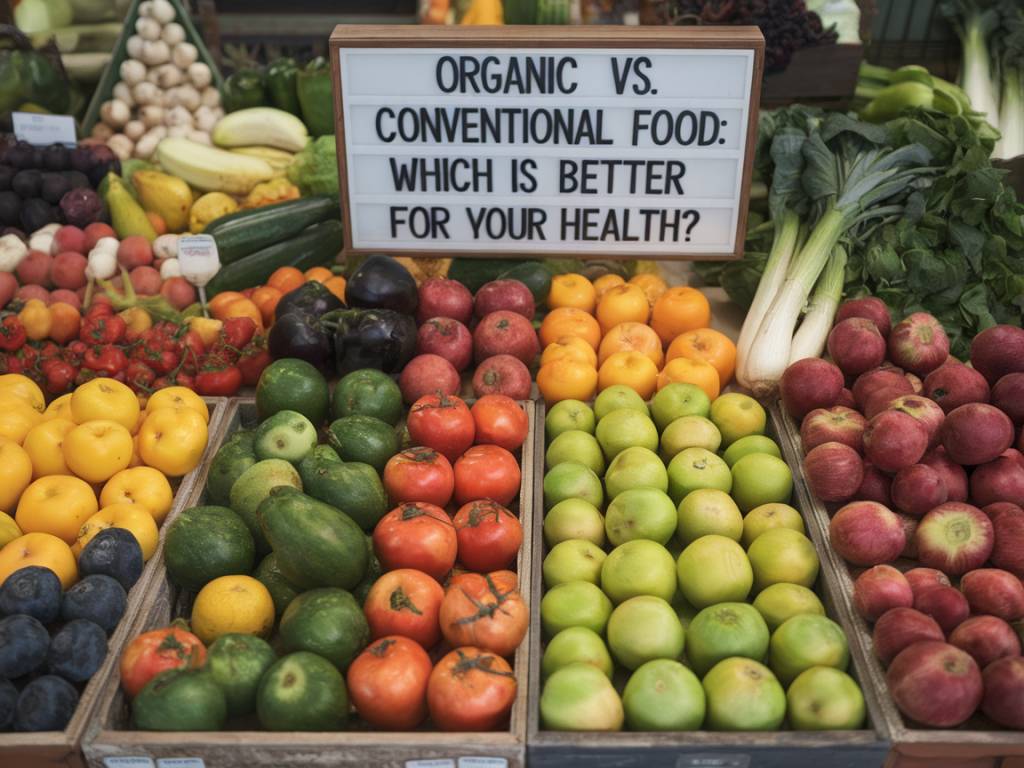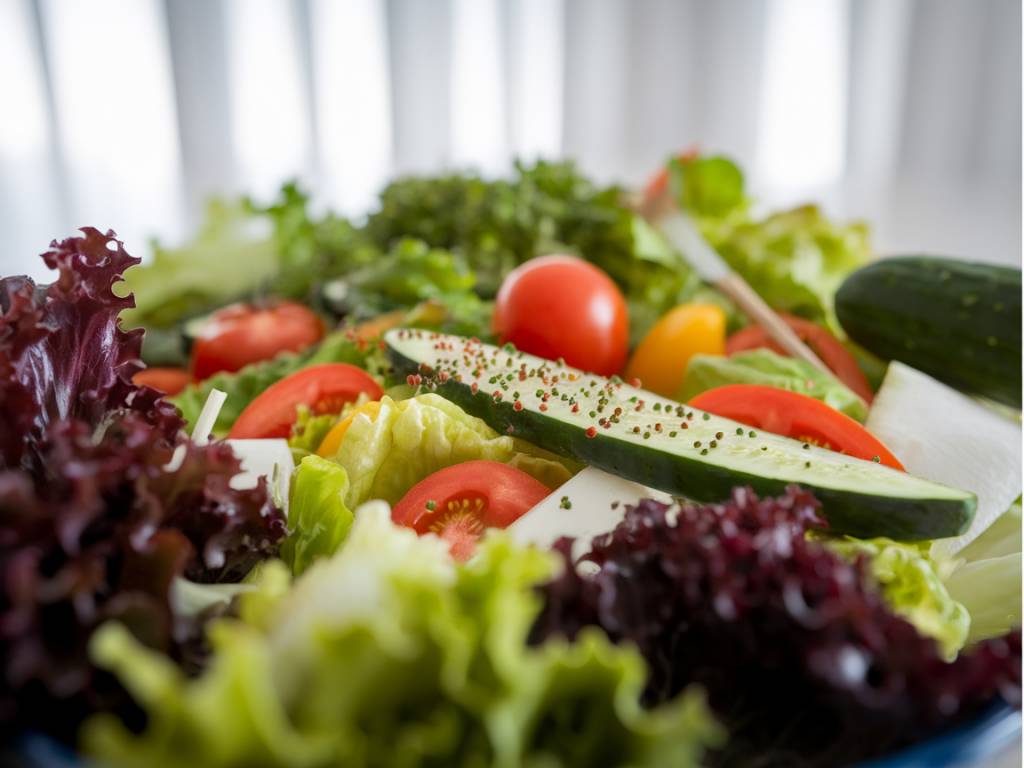Hello, dear readers! It’s Sienna here, ready to embark on another insightful journey into the world of health and wellness. Today, we’re diving deep into a topic that affects many of us – chronic inflammation. But don’t fret, we’re not leaving you in the dark. We’ll explore how nutrition can be your powerful ally in managing this sneaky saboteur of our well-being.
Understanding Chronic Inflammation
Before we dive into the nutritional nitty-gritty, let’s unravel what chronic inflammation is. Unlike acute inflammation, which is our body’s natural response to injury or infection, chronic inflammation lingers, often unnoticed. Think of it as that uninvited guest who overstays their welcome. Over time, it can contribute to various health issues such as arthritis, heart disease, and even some cancers.
The Nutritional Brigade: Foods That Fight Inflammation
Picture your plate as a shield against inflammation. Here are some food heroes ready to join your defense team:
- Leafy Greens: Spinach, kale, and collard greens are packed with vitamins and antioxidants. Imagine them as tiny warriors battling inflammation at every meal.
- Fatty Fish: Salmon, tuna, and mackerel are high in omega-3 fatty acids. These act like superheroes, swooping in to save the day by reducing inflammation.
- Nuts and Seeds: Almonds, walnuts, and flaxseeds are small but mighty, providing healthy fats and essential nutrients.
- Fruits: Berries, cherries, and oranges are nature’s candy, rich in anti-inflammatory properties.
- Olive Oil: This liquid gold doubles as an anti-inflammatory potion. Drizzle it on salads or use it in cooking. Your body will thank you!
Foods to Avoid
While loading up on anti-inflammatory foods is great, it’s equally important to avoid the culprits that fuel inflammation:
- Processed Foods: Think twice before reaching for packaged snacks. They often contain trans fats and sugars that exacerbate inflammation.
- Sugar and High-Fructose Corn Syrup: Sweet but deadly in excess. Try to satisfy your sweet tooth with natural alternatives like honey or fruits.
- Refined Carbohydrates: White bread, pastries, and sugary cereals might need a permanent vacation from your pantry.
Keeping Hydrated: Water’s Role
Let’s not forget about the often-underestimated role of water. Staying hydrated helps detoxify the body and can reduce inflammation. So, are you drinking enough water daily to wash away those pesky toxins?
A Day in the Life of an Anti-Inflammatory Diet
Imagining how to implement these foods into your routine? Let’s walk through a day filled with anti-inflammatory delights.
Start your morning with a bowl of oatmeal topped with berries and a sprinkle of flaxseeds. For lunch, savor a spinach and quinoa salad drizzled with olive oil. Dinner could be grilled salmon alongside roasted vegetables. Sounds delicious, right?
Why Consistency is Key
Nurturing your body with these foods shouldn’t be a one-time affair. It’s important to remember that consistency, much like any lifestyle change, is crucial. Tiny, steady tweaks to your diet can lead to significant long-term benefits.
Final Thoughts
Chronic inflammation doesn’t stand a chance when you’re armed with the right knowledge and nutritional choices. Remember, every bite is a step towards a healthier, inflammation-free you. So why not start today?
As always, consult with a healthcare provider or a nutritionist if you’re making drastic changes to your diet. Until next time, eat well, stay well, and keep shining!



